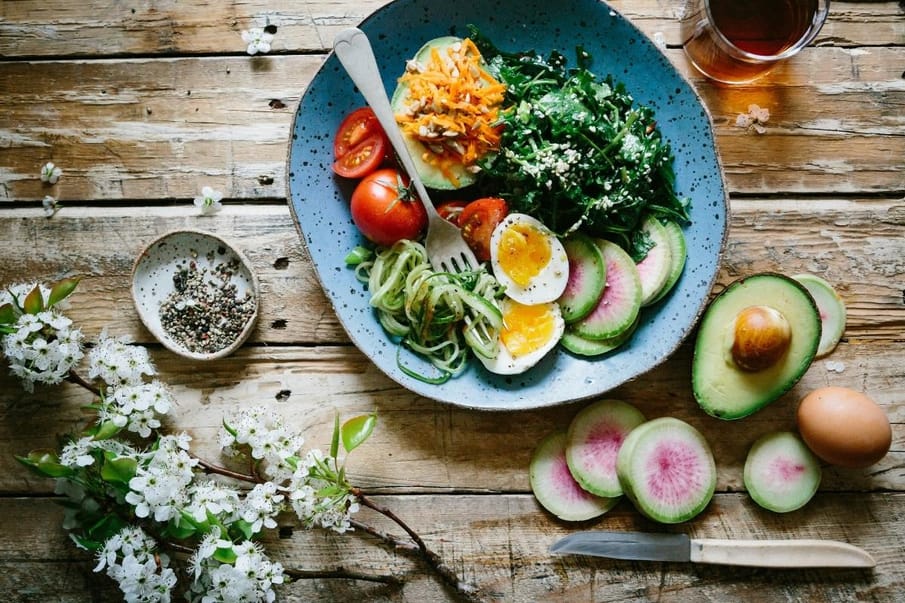Registered nutritionist Dina Hassan answers questions on how nutrition can support our bodies and individual needs
How does nutrition support energy levels?
Nutrition provides the essential elements our bodies and minds need to stay active and alert. It is key for fuelling our cells, and maintaining energy levels.
Carbohydrates, proteins, fats, vitamins, and minerals work together to help the body convert food into usable energy. Staying hydrated and eating balanced meals with nutrient-dense foods, like whole grains, fruits, and vegetables, stabilise blood sugar and provide consistent slow-releasing energy, and prevent the highs and lows of energy crashes.
What key nutrients do we need to fuel our bodies and minds?
Carbohydrates, particularly the complex ones (oats, sweet potatoes, and whole grains), are the primary energy source for our bodies and brains.
Protein sustains our energy, as well as muscle function. Starting the day with a high-protein breakfast like porridge and nut butter, or an egg and spinach omelette, helps set your energy levels up for the day.
Essential fats from sources like nuts, seeds, and avocado support cellular health, cognitive function, and joint health.
A wide range of vitamins and minerals support various bodily functions. B vitamins and iron are crucial for energy production. Vitamins C and A are antioxidants that protect our cells and immune system. Vitamin D, calcium, and magnesium promote muscle function and bone strength. However, it’s easier to aim for a diverse, whole-food diet in order to obtain the nutrients you need, rather than focus on individual nutrients.
I’m looking to get more active. Can a nutritional professional support me with this?
Absolutely! Personalisation is the key to optimising your health and fitness. A nutritionist spends time getting to know you, and delving deep into your medical history, diet, and lifestyle so that nutrition plans can be tailored to your dietary requirements, activity levels, and fitness goals.
This might include nutrient-dense meal ideas to optimise energy, high-protein post-workout snacks for recovery, or easy-prep meals for those with reduced mobility. There’s no one-size-fits-all approach; the aim is to find the most effective solutions for each individual.
Whether you’re training for an event, you’re just getting started with a new-found love of running, or you’re looking for creative ways to get active with a disability, a nutritionist can provide practical advice that aligns with your needs, as well as the support to help you stay motivated and energised.
What are your top tips for building flexibility and mobility?
-
Proper hydration is essential for joint lubrication, flexibility and energy.
-
Protein is the main component of muscle. Foods like eggs, lentils, beans, and spinach can help repair tissues and maintain muscle mass.
-
Anti-inflammatory foods, such as berries, leafy greens, and oily fish high in omega-3s, help protect muscles and joints.
-
Vitamin D deficiency can be a reason for joint pain and muscle weakness, so it’s important to get topped up in the winter.
-
Move your body in ways you enjoy, that don’t feel like punishment, to build consistency. For a fun social activity, try a dance class. Or maybe something with purpose, like a charity walk. If you have limited mobility, how about seated yoga? Even micro-movements throughout the day are beneficial – squats at your desk, dancing while cooking, or gentle stretching while watching TV. Honour your abilities, prioritise consistency over intensity, and progress gradually.


Comments